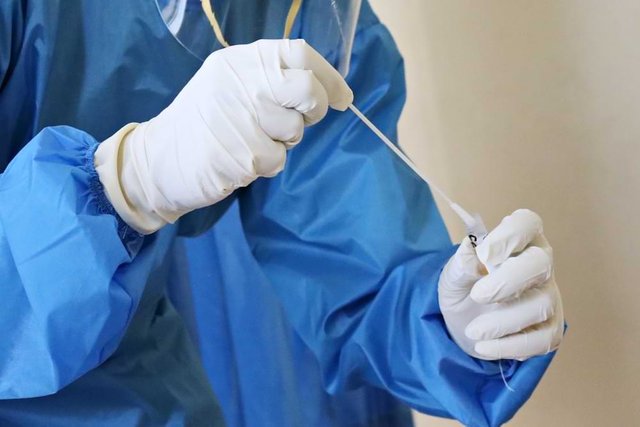The Different Types of COVID 19 Testing and Their Significance
As you've embarked on a new journey this 2021, and are looking out for your own self, understanding COVID 19 testing can help narrow down the various tests that are available for one to get tested and thereby take care of themselves, protecting them from the harmful effects of Coronavirus in 2021.
As far as 2020 is concerned, COVID 19 has wreaked havoc on the entire globe and the best way to ensure it doesn't do so in this New Year is by getting yourself tested and making sure that you are free of COVID 19 virus.
Before you head out for COVID 19 testing, here are a few of the symptoms that you look out for that you may develop if you are infected with the COVID 19 virus:
Fever
Dry Cough
Headache
Sore Throat
Fatigue
Body Ache
Loss of smell & taste
Vomiting
Nausea
COVID 19 has caused significant damage to older people's wellbeing and those who have an underlying ailment such as diabetes, asthma, heart disease, kidney disease, obesity, cancer, high blood pressure, etc. So, you see yourself in any one of these categories and have a combination of a few of these symptoms mentioned above, make sure to get yourself tested as soon as possible.
COVID 19 Testing - The Need of This Hour
Agencies providing COVID-19 tests near you can help you identify if you are positive or negative for influence by the coronavirus disease. One must get the right form of treatment plan while affected by the virus and self-isolate oneself if one has contracted the Coronavirus.
Different Types of COVID-19 Testing Available
Molecular (RT-PCR) Tests
This is the most commonly performed test wherein the virus' RNA is detected, and the genetic material of the virus is confirmed from a sample. Using an enzyme known as the reverse transcriptase, the RNA is converted to DNA, and the test detects this DNA. The sample for the test is collected from one nasal or throat area using a swab. The results are announced within two to three days of taking the test. The results are generally very accurate and show high sensitivity and specificity of the carrier. This test essentially is used to detect any active coronavirus infection. If one is found positive for the virus, they need immediate healthcare assistance, and the results show that one needs to go for care immediately.
COVID-19 Antigen Tests
On the other hand, the COVID-19 antigen test is taken to detect any amount of foreign matter that could trigger an immune response in the bloodstream. This COVID-19 antigen test is also known as the rapid antigen test. However, there is a drawback to antigen test - which is that the antigen tests have a chance of missing a case of active infection. This test is taken using a sample from the nasal or throat swab. The results are delivered almost entirely immediately, within an hour of testing. If tested positive, they are highly accurate. However, in case of a negative result, they can be reconfirmed using a molecular test, such as the COVID-19 RT-PCR test.
COVID-19 Antibody Tests
The COVID-19 antibody tests are also known as the serology test, and they are used to screen tests for COVID-19 antibodies in one's bloodstream. This test does not look to detect any active virus but instead checks if one has had an infection previously. The sample for COVID-19 antibody testing can be drawn from one's blood sample. The results for this test are delivered within one to three days. Sometimes, a second test may be needed to ascertain the accuracy of these tests.
.jpg)